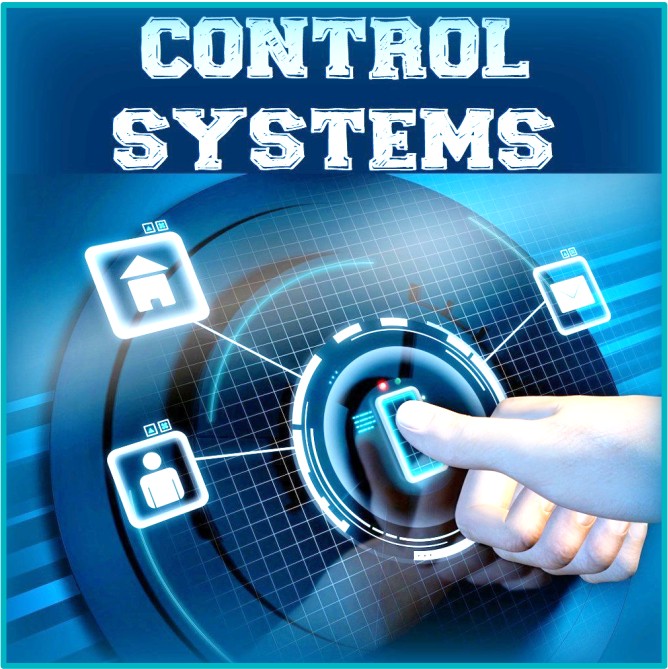elangovancsvtl.gnomio.com
-
Welcome to your new Gnomio site
Now, you are in control!
Moodle is an open-source Learning Management System (LMS) that provides educators with the tools and features to create and manage online courses. It allows educators to organize course materials, create quizzes and assignments, host discussion forums, and track student progress. Moodle is highly flexible and can be customized to meet the specific needs of different institutions and learning environments.
Moodle supports both synchronous and asynchronous learning environments, enabling educators to host live webinars, video conferences, and chat sessions, as well as providing a variety of tools that support self-paced learning, including videos, interactive quizzes, and discussion forums. The platform also integrates with other tools and systems, such as Google Apps and plagiarism detection software, to provide a seamless learning experience.
Moodle is widely used in educational institutions, including universities, K-12 schools, and corporate training programs. It is well-suited to online and blended learning environments and distance education programs. Additionally, Moodle's accessibility features make it a popular choice for learners with disabilities, ensuring that courses are inclusive and accessible to all learners.
The Moodle community is an active group of users, developers, and educators who contribute to the platform's development and improvement. The community provides support, resources, and documentation for users, as well as a forum for sharing ideas and best practices. Moodle releases regular updates and improvements, ensuring that the platform remains up-to-date with the latest technologies and best practices.
Links of interest:
(You can edit or remove this text)
Course categories
Skip available courses
Available courses

Course Title: EED3201 – Control Systems
Programme: B.Tech in Electrical and Electronics Engineering
Credits: 3 (L-T-P: 3-0-0)
Regulation: 2021
Institution: B.S. Abdur Rahman Crescent Institute of Science and Technology
Course Instructor: Dr. P. Elangovan, Assistant Professor, Department of EEE
Summary:
This course introduces the foundational concepts and analysis techniques of control systems used in electrical, mechanical, and electromechanical domains. Students will explore both classical and state-space methods to model, analyze, and design control systems. Key topics include transfer functions, time and frequency response, system stability, compensator design, and state variable representation. The course emphasizes analytical thinking and practical applications that support sustainable engineering aligned with Sustainable Development Goals (SDGs) such as Good Health (SDG 3), Decent Work (SDG 8), Industry Innovation (SDG 9), and Responsible Consumption (SDG 12).
Learning Outcomes:
Upon successful completion of this course, students will be able to:
-
Analyze and model physical systems using mathematical tools.
-
Evaluate system performance in time and frequency domains.
-
Assess system stability and design compensators to meet specified criteria.
-
Apply state space modeling to linear systems and analyze controllability and observability.
Textbooks:
-
M. Gopal, Control Systems: Principles and Design, McGraw Hill, 4th Edition, 2012
-
B.C. Kuo, Automatic Control System, Wiley, 2018
- Teacher: Elangovan P
Skip site announcements